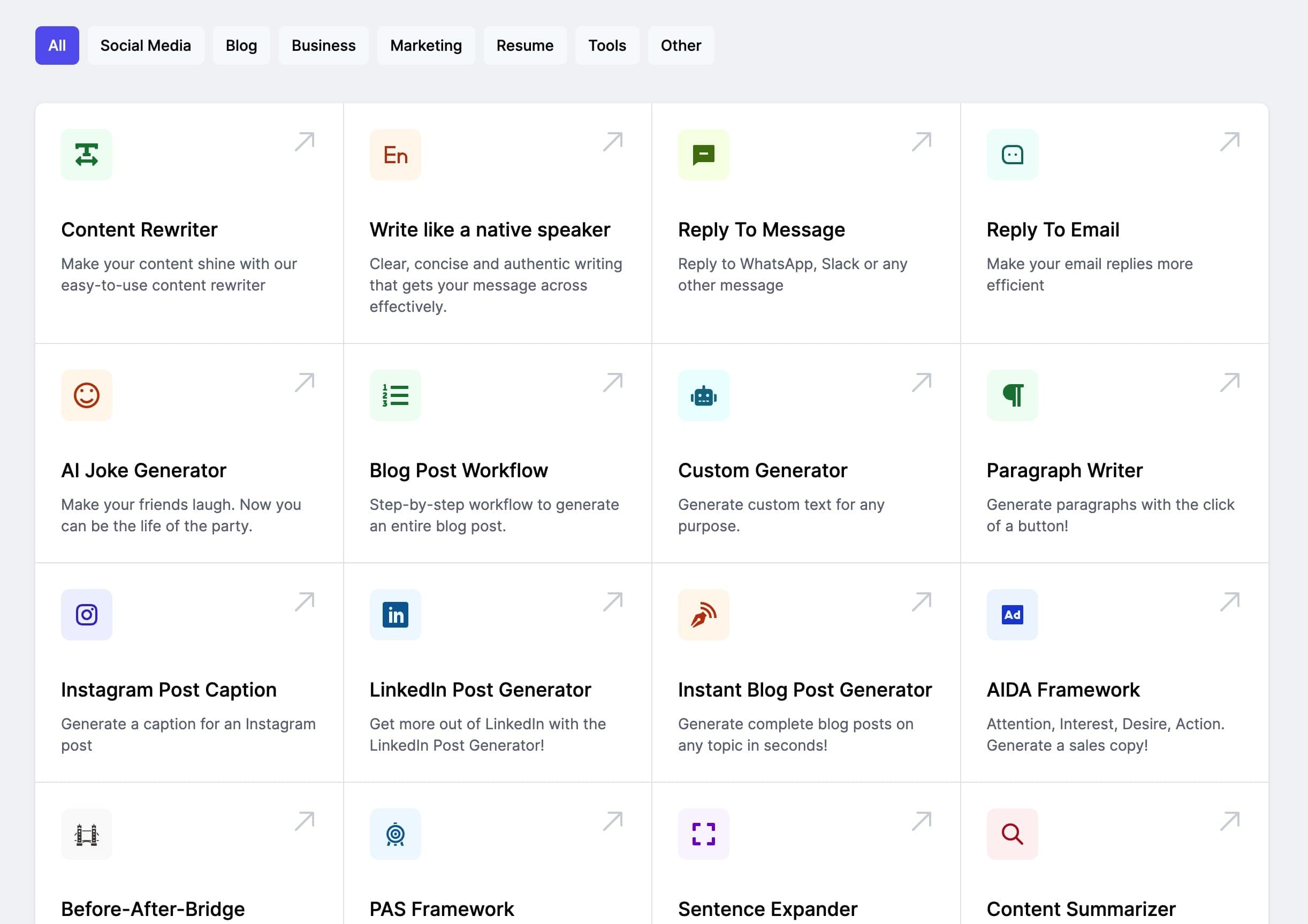Primary Diagnosis: Major Depressive Disorder, Recurrent, Moderate (F33.1)\nPresenting symptoms include:\n- Depressed mood daily for past 3 months\n- Significant weight loss (10 lbs in 2 months)\n- Insomnia (difficulty falling asleep 5-6 nights/week)\n- Fatigue and loss of energy nearly every day\n- Diminished ability to concentrate at work\n- Feelings of worthlessness and excessive guilt\nSymptoms cause significant distress in social and occupational functioning.
Treatment Plan
1. Diagnostic Summary
The patient is a middle-aged individual diagnosed with Major Depressive Disorder, Recurrent, Moderate (ICD-10 F33.1). The diagnosis is based on persistent symptoms including depressed mood, significant weight loss, insomnia, fatigue, impaired concentration, feelings of worthlessness, and excessive guilt. These symptoms have been consistently present and increasingly severe over the past three months, significantly impairing the patient's social and occupational functioning.
2. Problem List
Depressed mood most days
Significant unintentional weight loss (10 lbs in 2 months)
Chronic insomnia and sleep disturbances
Persistent fatigue and decreased energy levels
Reduced ability to concentrate, affecting work performance
Feelings of worthlessness and excessive, inappropriate guilt
Social withdrawal and isolation
Decreased appetite and poor nutritional intake
Frequent episodes of crying and emotional distress
Persistent negative self-talk and self-criticism
3. Treatment Goals
Short-term Goals:
Achieve improvement in sleep quality, targeting 6-7 hours of uninterrupted sleep per night within the next 1 month.
Stabilize eating patterns and halt weight loss within the next 3 weeks.
Enhance mood and reduce frequency of crying spells by 50% within the next 2 months.
Long-term Goals:
Full remission of depressive symptoms and return to baseline occupational functioning within the next 6 months.
Reestablish social connections and participate in regular social activities within the next 4 months.
Develop effective coping mechanisms to manage and reduce negative self-talk by end of treatment course.
4. Interventions and Treatment Strategies
Psychotherapy: Initiate Cognitive Behavioral Therapy (CBT) to address negative thought patterns, improve mood, and enhance coping strategies.
Pharmacotherapy: Evaluate and possibly initiate antidepressant medication following consultation with a psychiatrist.
Nutritional Consultation: Refer to a nutritionist to address and plan regular, balanced meals to stabilize weight and improve overall health.
Sleep Hygiene Education: Provide guidance on sleep hygiene practices to improve quality and duration of sleep.
Regular Exercise: Encourage light to moderate exercise, such as 30 minutes of walking three times a week, to boost mood and energy levels.
5. Frequency and Duration of Services
Psychotherapy: Weekly 50-minute sessions for the first 3 months, followed by bi-weekly sessions depending on progress.
Psychiatric Consultations: Monthly visits for medication management and assessment.
Nutritional Counseling: Initial consultation followed by follow-up sessions bi-weekly for 2 months.
6. Coordination of Care
Coordinate care between mental health professionals, primary care physician, and nutritionist.
Regular team meetings to review progress and adjust treatment plans as necessary.
7. Discharge Criteria
Achievement of treatment goals with sustained symptom remission for at least 3 months.
Demonstrated ability to cope with daily stressors effectively without significant depressive symptoms.
Established stable support network and engagement in regular social activities.
8. Progress Measures
Use of standardized depression scale assessments (e.g., PHQ-9) every 4 weeks to quantitatively measure symptom changes.
Patient self-report logs to monitor sleep, appetite, and mood fluctuations.
Feedback from workplace on improvements in concentration and attendance.
9. Safety Plan
Develop a safety plan that includes recognizing warning signs of severe depression, whom to contact in crisis, and emergency response strategies.
Ensure patient has access to emergency contact numbers and crisis hotline numbers.
10. Medical Necessity Statement
The proposed treatment interventions are medically necessary to prevent further deterioration of the patient’s health and functioning. The severity of symptoms significantly impairs the patient's ability to function socially and occupationally. Without treatment, there is a high risk of further psychosocial deterioration and potential for self-harm. The comprehensive, multi-disciplinary approach is essential to address all facets of the patient’s symptoms and to promote recovery and improve quality of life.
This treatment plan provides a structured approach to address the complex needs of the patient, considering the severity and impact of the symptoms associated with Major Depressive Disorder.
